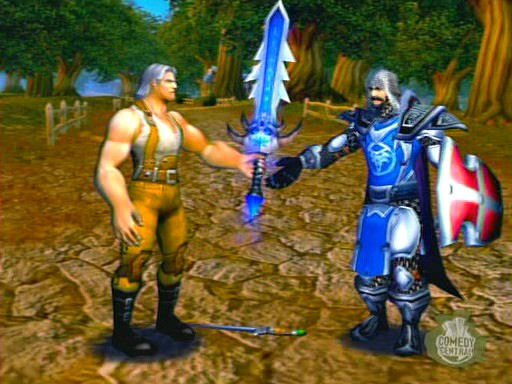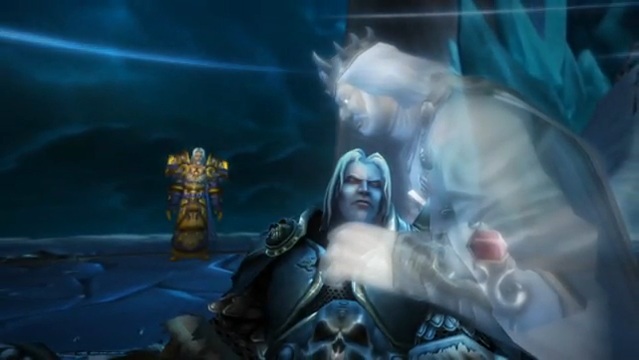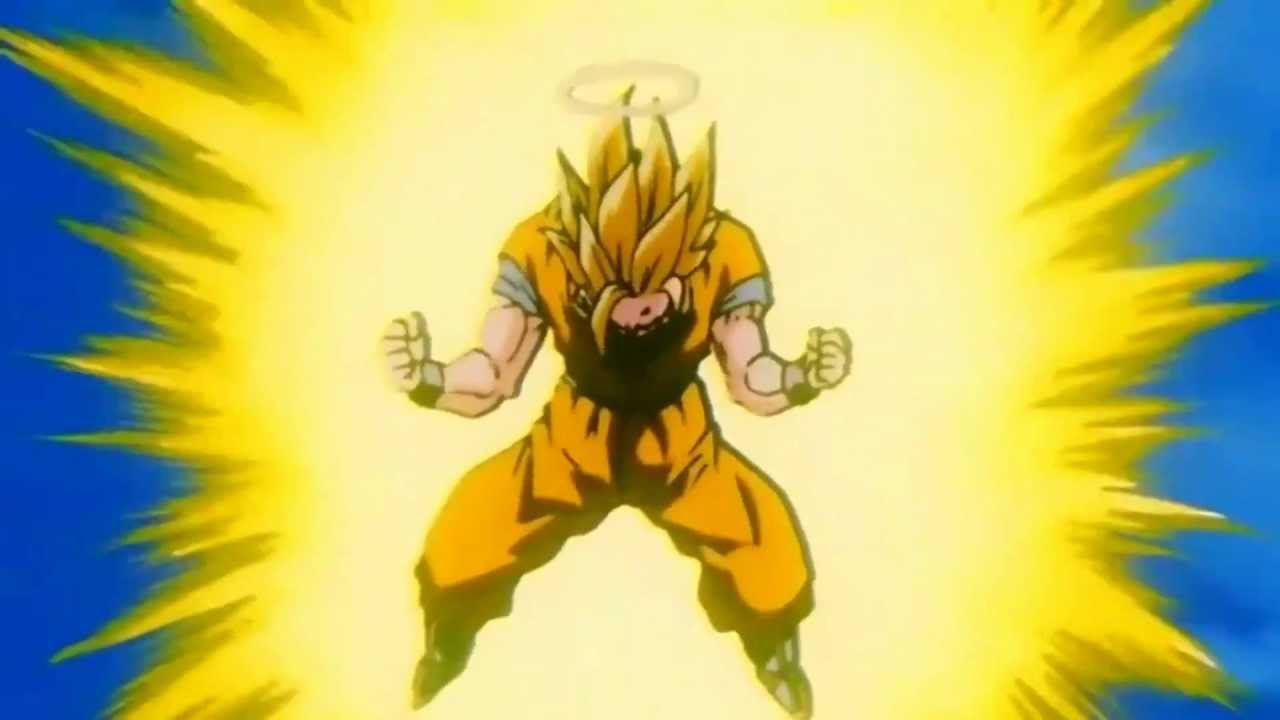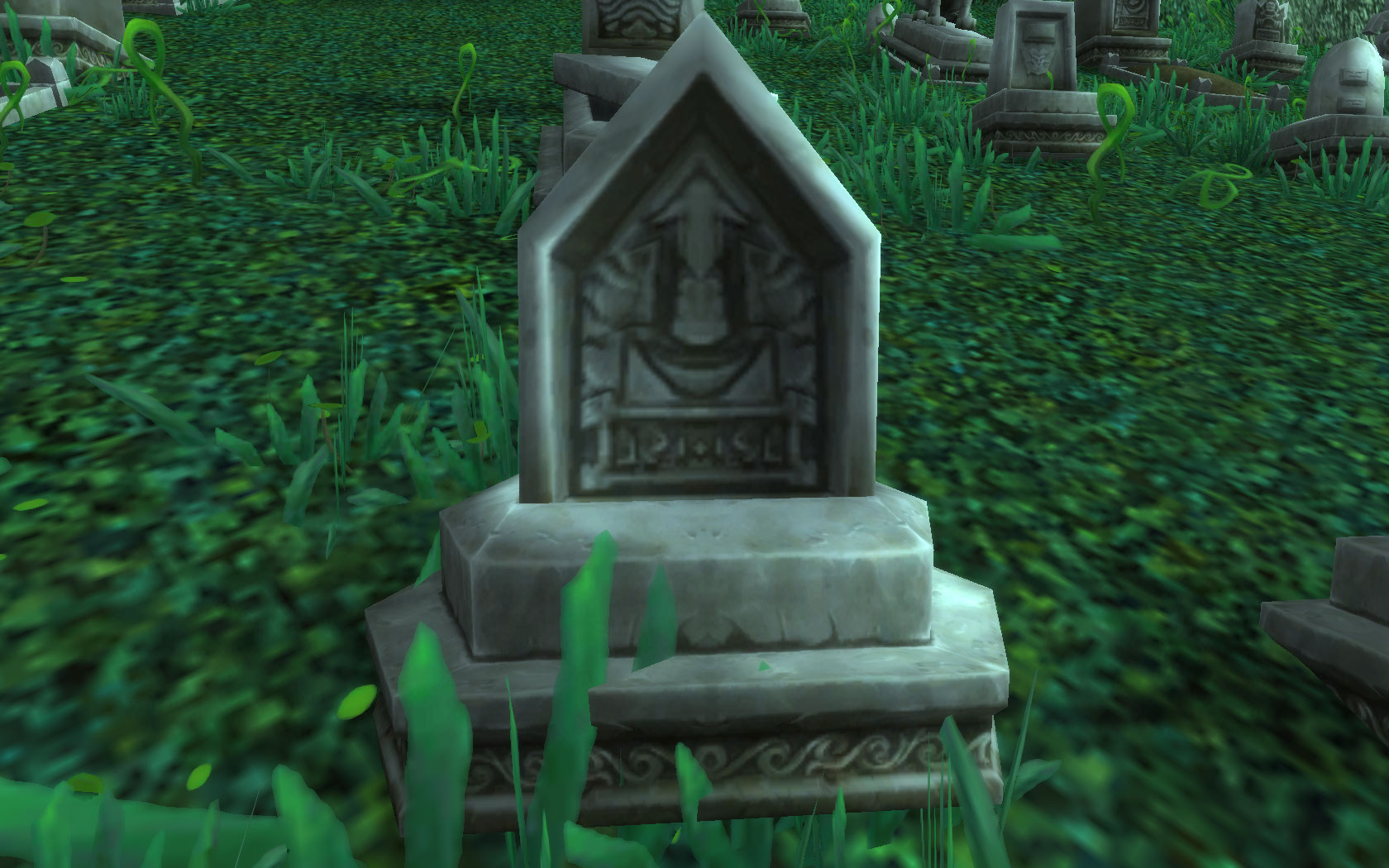If there’s one formula we’re familiar with as players and fans of video games, it’s this: gain levels, get gear, and go whomp on people and things that need whomping on. From Dark Souls to Dark Age of Camelot to Dota 2, anything with an even remotely RPG element tends to abide by this basic formula. We’ve come to know it. We’ve come to embrace it.
For many of us, months of years of our lives have been dedicated to it. Not so long ago, Massive Multiplayer Online Role Playing Games (or MMORPGs/MMOs) were the talk of the video game world. Millions of hours worldwide were dumped into Runescape or Ragnarok Online, Everquest, and of course the biggest of them all – World of Warcraft.
Now, sure – I’ve dinked around in Elder Scrolls Online a bit lately. I’ve been the very best Cricket I could be for a week or two in Blade and Soul, and I’d at least watched a stream or two on Black Desert. But something has changed since those years of Friday Night Molten Core runs. Something has led me away from the pizza box and Monster Energy filled basement of my youth – from the endless grind of new epic loot and (once again) defending the Arathi Basin from the fury of the Horde.
I hadn’t hit a raid in years. On a quick check, neither had most of my online crew. None of us had really felt the desire to, either. “What changed?”, I wondered.
It hit me when my Ranked queue popped.
Online gaming’s new M.O.(BA)
“Get stronger, roll face into keyboard.”
Once championed by the MMOs, this basic formula has propelled the next evolution of the genre to fantastic heights. There’s differences, of course – MOBAs are undoubtedly a more competitive genre than their M name predecessors, and have flipped the script on the PvE/PvP focus of the older days. What once was the sidebar to massive PvE encounters is now the main event, with the bosses and creeps of old relegated to the bit parts in the jungle.
But that core philosophy of survive and smash is still there – and while the MMO legions may still be around, it’s hard to argue that MOBA isn’t the new face of the online grind. Every day more and more MMO players fall off, to return only casually (if at all), and MOBAs are growing stronger than ever.
It seems many of us have swapped our Ashbringers for Infinity Edges, and we’re not looking back.
But why?
The Clone Wars
One of the major reasons for the slow decline of the MMO and the rise of the MOBA is something most of us old guard MMORPG players are familiar with – the attack of the clones.
Now in the beginning, the MMO frontier was close to the Wild West. Everyone was trying new and exciting things, each company and brand had its own personal take on the Swords and Sorcery (and eventually Scifi) genre in a massive multiplayer world, and things were new.
Things were different.
Didn’t like the straight Dungeons and Dragons feel of Everquest? Then you could try the more complicated Realm vs. Realm combat of Dark Ages of Camelot. Wanted an actual second job? EVE Online. Something recognizable? Final Fantasy XI.
Then everything changed when the World of Warcraft nation attacked.
WoW did something no other single title could manage to do in the brief history of the genre – it provided a single, profitable standard for the MMO. Massively profitable. It kept itself on top of the pile not only by having both easy to pick up but hard to master gameplay (for an MMO, anyway), but by constantly updating itself with the new and best ideas from other offerings. For a long time, whatever you wanted in any other MMO was eventually added to Warcraft‘s repertoire.
The success of the genre was never higher than at this peak – World of Wacraft literally grossed more income than small countries. It was a known entity even among those who didn’t game themselves. Talk shows had days dedicated to the “problem with addictive games”, and WoW was front and center in most of them.
When South Park dedicates an episode to you, you know you’ve hit the big time.

Of course, the evolution also kind of stopped here. Whatever gimmick or design your MMO had – whether it was the keep-based RvR system of games like DAoC (then modeled to Wintergrasp), the loot rarity system of Everquest‘s ilk (since WoW‘s inception), preset character classes, anything – World of Warcraft would add it to the amalgam. It was the best of the best because it was a hodgepodge of everything good about every other MMO. You couldn’t beat WoW, as an MMO, because you were WoW.
So you didn’t try. You did your thing, or cloned their formula, because there was now a standard bearer for everything the genre was doing – a gigantic posterchild for “how to make a successful MMO”.
So WoW set the pace for the whole industry – grind. Days, weeks, months. Raid and PvP. Grind. Level. Become stronger. Whomp things. Grind. Whomp bigger things.
Every game, every title after it just was it, or close enough. Why play “pretty close to WoW” when I could just spend my years in WoW?
So we got complacent. We fell into a routine. We were still logging hours and hours, sure – but we were getting bored for hours and hours. This iteration of the formula had gotten stale after hours and hours of the same old WoW or WoW clone.
Incidentally, “hours and hours” brings us to the next step in the fall of Rome…er…MMOs –
Powering up

If you’ve played MMOs, or know someone who has, you are more than likely familiar with the following conversation, or something close to it:
“You coming out tonight?”
“Can’t, in a raid.”
Maybe there’s more, but that’s the core of it – MMOs, especially large Guild-based events like raids – were about time. Time put in. Time invested into your specific character or characters. You couldn’t get strong enough to whomp the next big thing that needed whomping unless you put in the hours.
The short story is, there were a lot of Friday nights I spent in my room with delivery rather than anything else because as an MMO player, and as a Guild member, I’d made a commitment. That commitment took time.
Now, try this one:
“You coming out tonight?”
“Sure. I’m in a game right now, but I should be out soon.”
Sounds better, right? A little newer, a little more flexible? That’s the sound of the MOBA, and the single strongest siren call of the genre over the MMOs that came before.
I can leave if I have to, or want to, much more immediately than I could previously. My commitment was down to 20-60 minutes at a time, usually, rather than whole nights. I could walk away and not suffer for it – because every game, every match, you started back at square one. Your only requirement to experience the content to its fullest was (outside of the Rune system of League of Legends) clicking the “Play” button.
MOBAs, in stark contrast to the MMO world, were less of a commitment, and took less of my time. I start from scratch every match, way back at level 1 – but so does everyone else, every game. It took months of MMO playing to max out and acquire reasonably powerful gear, but 15 minutes into a MOBA, I’ve already gone from plinking at mudcrabs minions to…well, this:
Pictured: Fully built hypercarry
What all of this amounts to, really, is that the lessons we learned as gamers and game developers in the MMO days are the exact things that led to the slow decline of the genre – MOBAs give us that same feeling of power, that same satisfaction of “gain levels, gain gear, and go whomp people and things that need whomping”, but they do it much faster and with much less commitment.
In much the same way that WoW took and adapted what we liked about other MMOs, MOBAs like League of Legends took what we really liked about MMOs – getting stronger, whomping things – and boiled it down, refined it, and gave it to us in bite sized chunks.
Most importantly, MOBAs let us whomp in new and different ways – we aren’t just spamming various Rend clones on various Bandit clones anymore. Core philosophy aside, the most prominent MOBAs are still fairly unique in identity despite having obvious leaders. While Dota 2 and League of Legends are certainly the front runners, companies are still putting out unique content and gameplay mechanics like the third person MOBA SMITE – and that’s not even mentioning the recent MOBA-esque/FPS mergers like Overwatch, Paladins, and Paragon, among others.
It was the biggest question on the net, and in the gaming community for a long time. “What can beat WoW?”, “Is [insert title here] the WoW-killer?”, “What can possibly top MMOs?”
Now, years later, it seems we finally found the answer to these questions, and our new order along with it:
The MMO King is dead.
Long live the MOBA King.











Published: Apr 18, 2016 04:18 pm